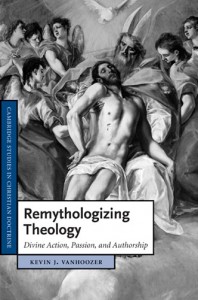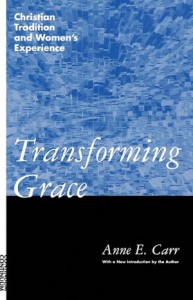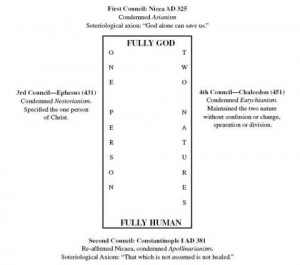“Remythologizing” is a mouthful of a word, and it may scare people a few away from Kevin Vanhoozer’s fascinating book Remythologizing Theology: Divine Action, Passion, and Authorship (2010: Cambridge University Press). Vanhoozer explains in great detail what he means by it, and I won’t rehearse that here. But one of the reasons he picked the title was because it rhymes with the famous mid-century buzzword of a certain kind of liberalism, Rudolf Bultmann’s demythologizing. Vanhoozer’s style of theology is certainly... Read more











